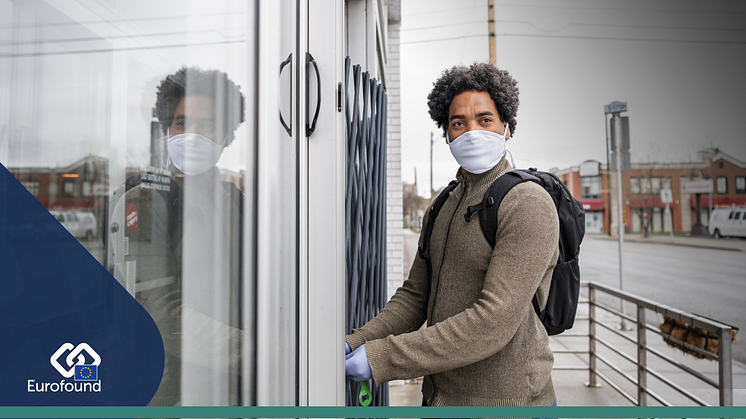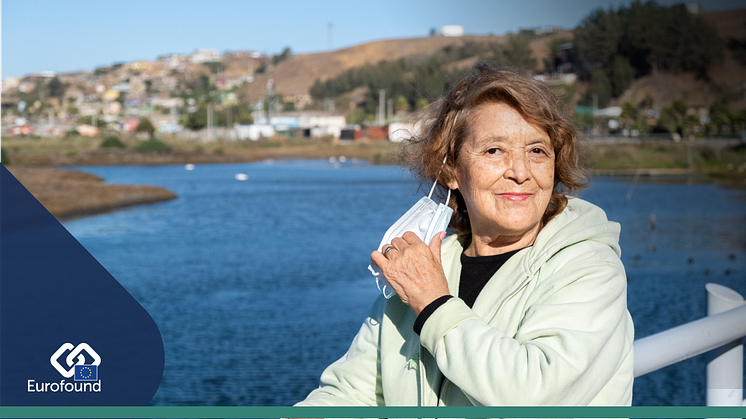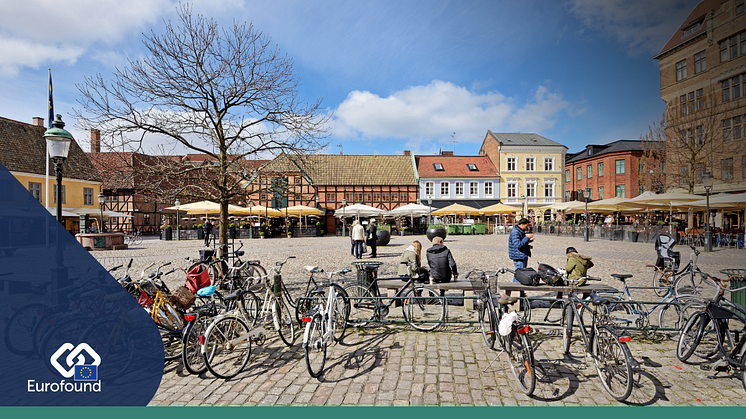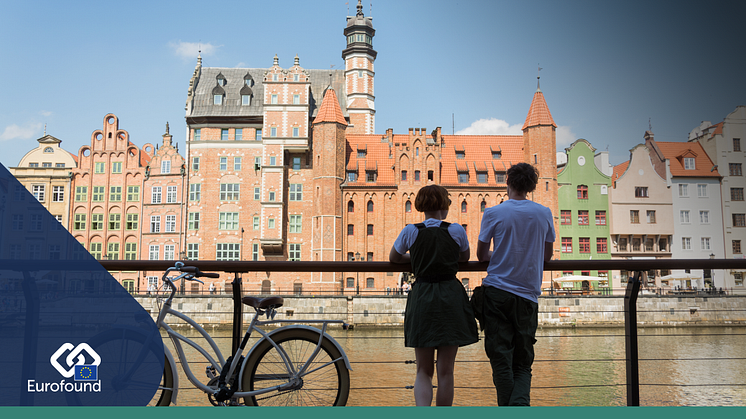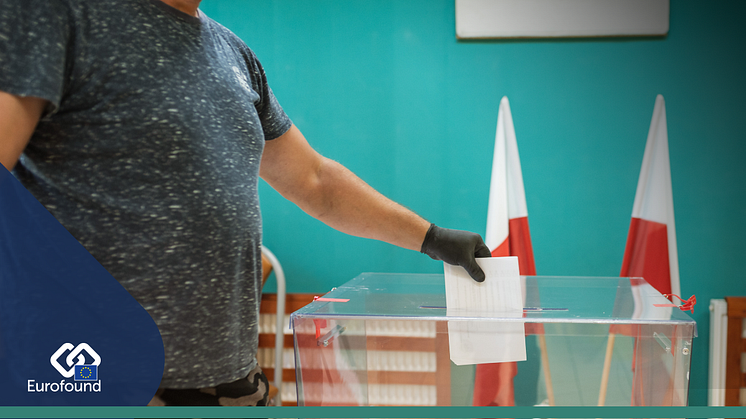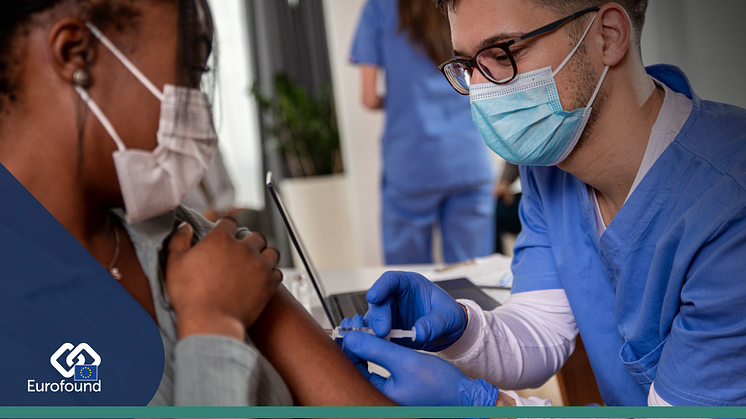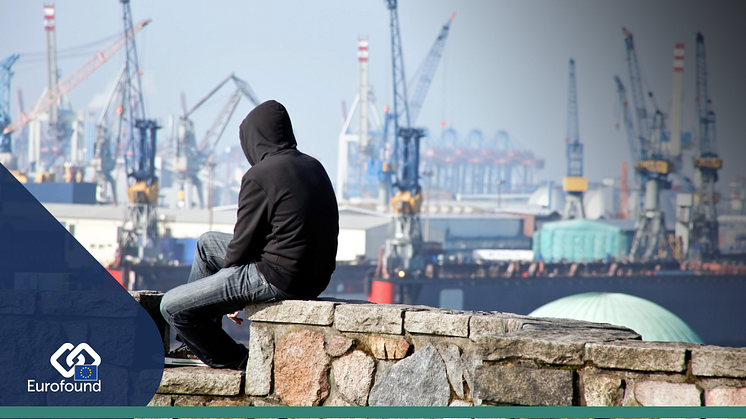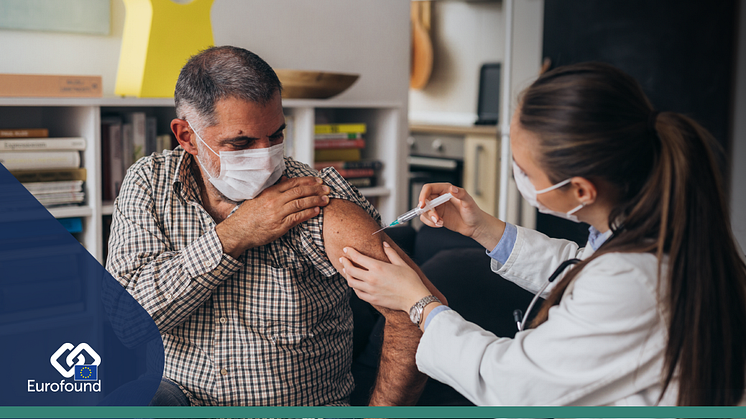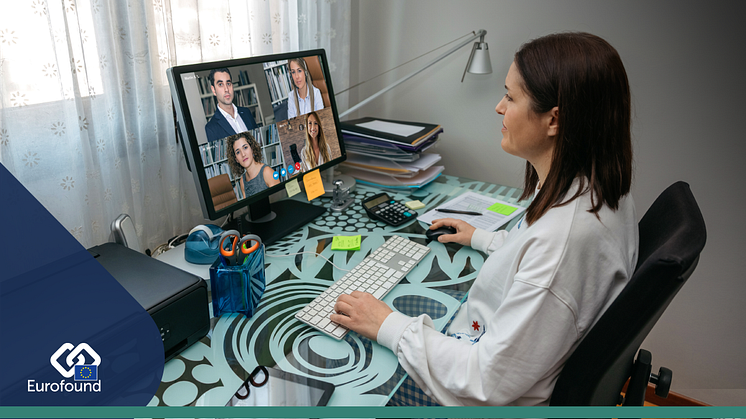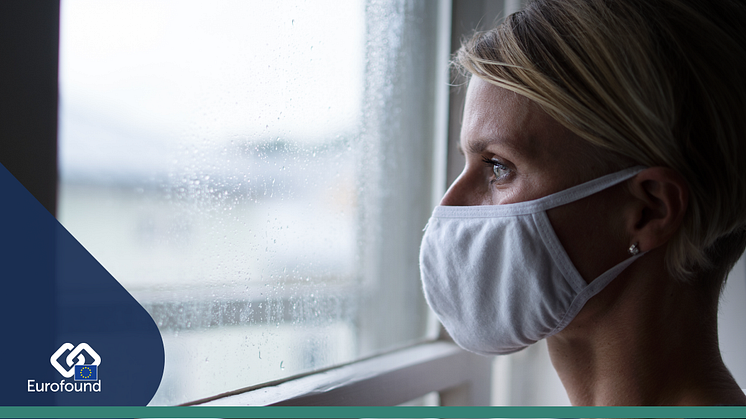
News -
Mental health, trust in decline across the EU and inequalities rise as pandemic enters another year
Mental wellbeing has reached its lowest level across all age groups since the onset of the pandemic over a year ago, with young people and those out of work most adversely affected. Meanwhile, trust in institutions has plummeted, with trust in national governments across all EU Member States lower than at the start of the pandemic. Across Europe, citizens are feeling the divisive social and economic fallouts and a dwindling number now view crisis support measures as fair and efficient. This is according to the third round of Eurofound’s large-scale Living, working and COVID-19 online survey, the results of which have been published today.
The third round of the e-survey, fielded in February and March 2021, sheds light on the social and economic situation of people across Europe following nearly a full year of living with COVID-19 restrictions. The report analyses the main findings and tracks ongoing developments and trends across the 27 EU Member States since the survey was first launched in April 2020. It pinpoints issues that have surfaced over the course of the pandemic, such as increased job insecurity due to the threat of job loss, decline in mental well-being levels, erosion of recent gains in gender equality, fall in trust levels vis-à-vis institutions, deterioration of work–life balance and growth of vaccine hesitancy.
Findings from this round of the survey further underline how women and young people are bearing the greatest burden of this crisis. Nearly two thirds of 18–34-year-olds are at risk of depression and, for women, work-life balance has suffered disproportionately throughout the pandemic, especially for women with young children. Access to healthcare is an increasing challenge for many Europeans; over 20% of respondents were unable to access a medical examination or treatment during the pandemic, with disruptions to essential healthcare services and unmet healthcare needs most commonly reported in Hungary, Portugal and Latvia.
Overall job loss in the EU continues to rise one year on with nearly 10% of those with work pre-pandemic now unemployed - an increase from 8% reported in summer 2020 and double the figure of spring 2020 (5%). Men are most likely to be seeking work and, for young people, the number of unemployed jumped to 17%. Conversely, outlook on financial situation is brighter for many across Europe, and in seven EU Member States pessimism about the future is lower than summer 2020. Job insecurity overall is also lower than the start of the pandemic, although higher than July 2020.
The survey reveals that more than a quarter (27%) of adults in the EU indicate a hesitancy toward the COVID-19 vaccine, with men revealing themselves more hesitant (29%) than women (25%). Vaccine hesitancy is associated strongly with low levels of trust and social media use, with countries that register low levels of trust in government registering higher levels of vaccine-hesitancy.
Speaking on the publishing of the findings, Massimiliano Mascherini, Eurofound Head of Unit for Social Policies, emphasised the need for a holistic approach to the provision of support in response to the pandemic: ‘COVID-19 has taken a mental toll on citizens as more fear illness, economic hardship and uncertainty about the real impact of the crisis. Ambitious and holistic policy measures are paramount, as failure to prevent the continued rise of inequalities among citizens and between Member States risks further undermining trust of Europeans in their institutions, triggering political discontent, and negatively impacting Europe’s epidemiological response to the pandemic.’
Further information:
- Report: Living, working and COVID-19 (Update April 2021)
- Data Explorer: Living, working and COVID-19
- Topic page: COVID-19
Special #AskTheExpert webinar:
Daphne Ahrendt, Senior Research manager at Eurofound, will present the latest findings from the Living, working and COVID-19 e-survey on 18 May. The LIVE webinar will be an opportunity to explore how EU citizens’ social, employment and economic situation has evolved during one year of closures and restrictions in the wake of COVID-19.
- Sign up now: #AskTheExpert webinar: EU citizens experience deep fatigue and frustration as pandemic enters second year - New survey findings from Living, working and COVID-19


